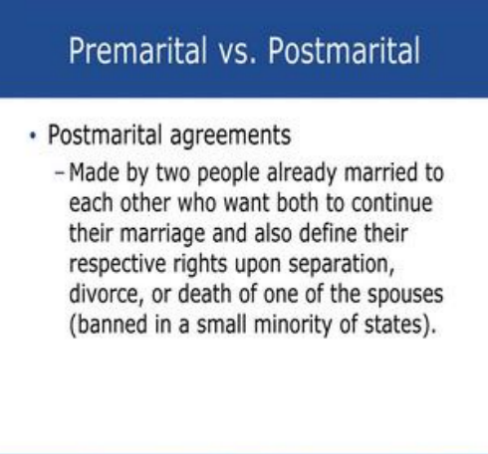For individuals with significant wealth, it is essential to clearly outline what is considered pre-marital and post-marital property. This goes beyond just following the law; it's key to protecting one's financial interests and wealth. These differences can greatly affect situations such as divorce, inheritance, or complicated financial arrangements.

Tangible Assets with Complex Histories
Determining the marital status of high-value physical assets, such as luxury cars or upscale homes, can be quite complex. For example, imagine you bought a vacation property in a desirable area a few years before your marriage, but then renovated it significantly during your marriage with funds from both you and your spouse. In this case, the classification of the property gets tricky. The money you spent on the home before getting married and any upgrades made prior are likely seen as belonging to you alone. However, the value from the renovations made after the wedding with joint funds may be included in what’s shared between you and your spouse. Therefore, keeping careful records of everything—from the initial purchase agreement to renovation receipts—is crucial for clarifying which parts of the property's value belong to you separately and which are shared.
Investments and Business Interests
Investments made before marriage, such as stocks, bonds, and private equity, are usually considered separate property. While these assets can grow in value during the marriage due to market changes, if one spouse actively manages them—like buying and selling stocks or making important business choices—some of that growth might be seen as joint property. For instance, if a spouse plays a vital role in boosting the value of a startup that was founded before marriage, some courts might recognize part of that increase as belonging to both partners.

Family Heirlooms and High-Value Collectibles
Items like unique artwork, jewelry, or antiques are often considered personal property before a marriage if they were obtained prior to the wedding. Nevertheless, if couple funds are used for improvements—like fixing a shared painting—it can make it harder to determine their worth. Additionally, family trusts or inheritance rules associated with these possessions can influence whether they remain classified as pre-marital property.
Earnings and Income-Generated Assets
Generally, during a marriage, salaries, bonuses, and business profits are considered joint property; however, there are exceptions. If a spouse had a business before the marriage that did not require much effort from the other partner, some income may be linked to contributions made before the marriage. On the other hand, if one spouse is actively involved in the business, then the income is mostly regarded as shared property. Additionally, income from special skills or intellectual property, such as a consulting firm, may be treated differently depending on how much both partners contributed to it.

Real Estate and High-Value Purchases
When a couple buys high-value property while married, ownership depends on how much each person contributed and their intentions. If one spouse uses money saved before the marriage but both names are on the title, it might be seen as a gift to the marriage. Even if one partner had more money before the wedding, shared contributions often make the property a joint asset. When dividing assets during separation, factors such as any agreements between spouses are taken into account.
Inheritance and Gifts During Marriage
In a will or deed, an inheritance or gift is considered separate property if it clearly states it is for one spouse. If there are no specific instructions, it could be viewed as joint marital property. Wealthy individuals should urge their family to clearly outline any gifts or inheritances to prevent conflicts over division in case of divorce.To manage these issues, seeking legal guidance is essential, along with maintaining precise records and having prenuptial or postnuptial agreements to safeguard the financial interests of high-net-worth individuals.


